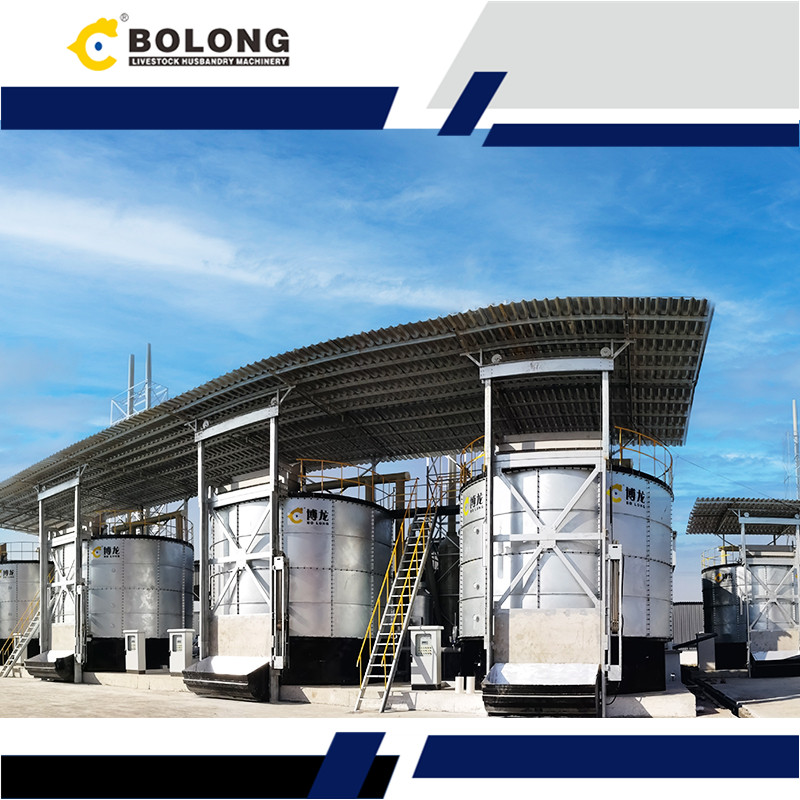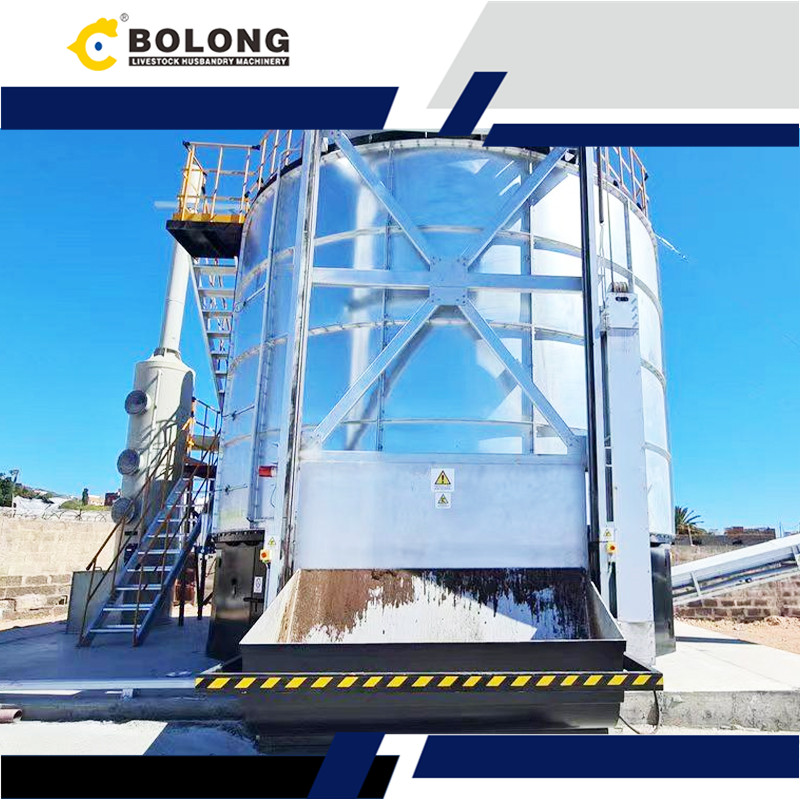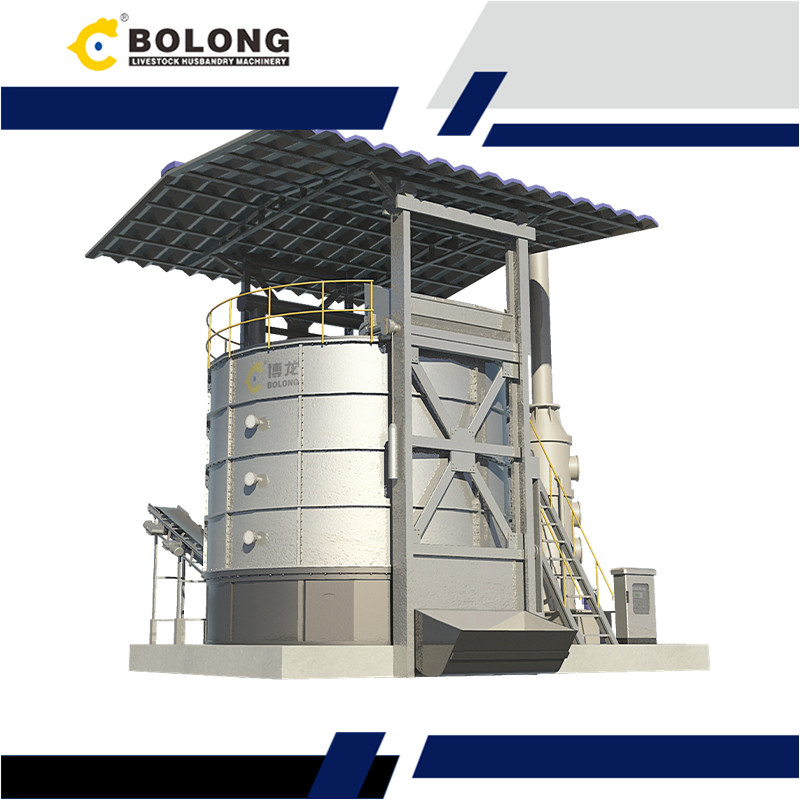With the improvement of global environmental awareness and the promotion of sustainable development goals, waste resource treatment has become an important issue in modern society. As the core equipment for waste treatment, composting machines for large-scale composting can convert organic waste into valuable soil conditioners and fertilizers, which not only reduces the environmental burden of landfill and incineration, but also promotes the recycling of resources. This article will explore the types of waste treatment in composting machines for large-scale composting and the environmental and economic benefits of waste resource utilization in composting machines for space-saving solutions, aiming to provide you with a certain reference value.
Livestock and poultry manure is rich in organic matter and is a high-quality raw material for fermentation in composting machines for space-saving solutions. A large amount of livestock and poultry manure is produced in farms every day. If it is not handled in time after long-term accumulation, it will not only pollute the environment, but also the pathogens and pest eggs in the manure may be transmitted to livestock and poultry, causing livestock and poultry to become sick.
Livestock and poultry carcasses in farms also need to be treated in time through composting machines for waste recycling to prevent pest eggs and pathogens from spreading in farms.
Crop straw includes rice straw, wheat straw, corn straw, etc. This type of crop straw is rich in cellulose. Putting it into the composting machine for waste recycling can make better use of straw resources and is harmless to the environment.
The defective fruits, rotten fruits and vegetables, branches and leaves produced during the fruit and vegetable planting process have a high water content and are high-quality raw materials for fermentation.
In addition, waste materials such as urban sludge and mushroom residues can also be converted into high-quality organic fertilizers through composting machines for waste management.

The composting machine adopts the principle of aerobic microbial aerobic fermentation, so that microorganisms can use organic matter and residual protein in livestock and poultry manure and carcasses to multiply rapidly under a high temperature, humidity and sufficient oxygen environment, thereby achieving harmless treatment of livestock and poultry waste. The composting machine is a continuous system. Waste can be put in every day, and organic fertilizer is produced every day. The high temperature accelerates the aerobic deposition process of organic waste and the evaporation of water. After an average of a week, the organic waste is converted into high-quality organic fertilizer.

With the advancement of agricultural environmental protection, the market demand for organic fertilizer products is strong, and its price is relatively stable and has a high market recognition. At the same time, if applied to farmland, it can effectively improve the quality and yield of crops, and the organic fertilizer composting machine for organic material decomposition can bring a higher income to farmers.
On the other hand, the composting machine for organic material decomposition converts waste into organic fertilizer, meets the requirements of relevant environmental protection policies, and greatly reduces the harm caused by waste to the environment. Compared with traditional chemical fertilizers, organic fertilizers can effectively reduce soil pollution, improve soil quality, and reduce greenhouse gas emissions, which is in line with the development trend of green agriculture, effectively improve environmental benefits, and achieve a win-win situation for green agriculture and the natural environment.

By analyzing the advantages of organic fertilizer composting machines for organic material decomposition in waste treatment and resource optimization, we can intuitively understand the dual advantages of composting machines in environmental protection and economic benefits. High quality composting machines can not only efficiently treat various types of organic waste and reduce environmental pollution, but also convert waste into high-value organic fertilizers, providing important support for agricultural production and resource recycling. At the same time, advanced technology companies represented by Bolong have promoted the intelligent, modular and energy-saving development of composting machine equipment, providing flexible solutions for different industries and application scenarios. If you have any questions, please feel free to contact us, our professional technical team is ready to serve you at any time!



